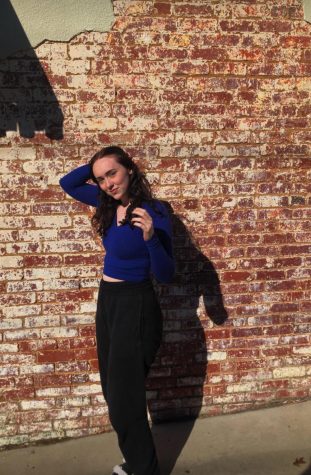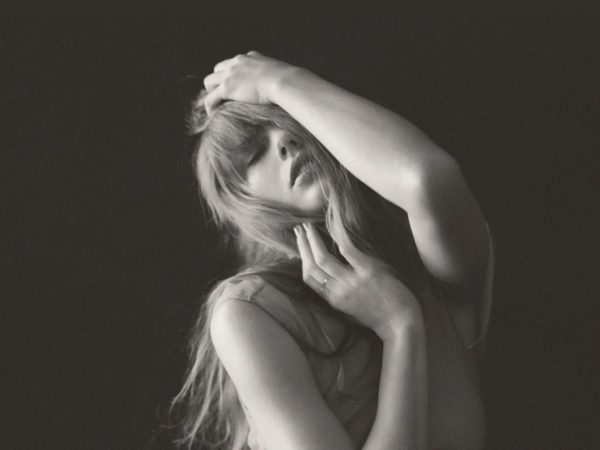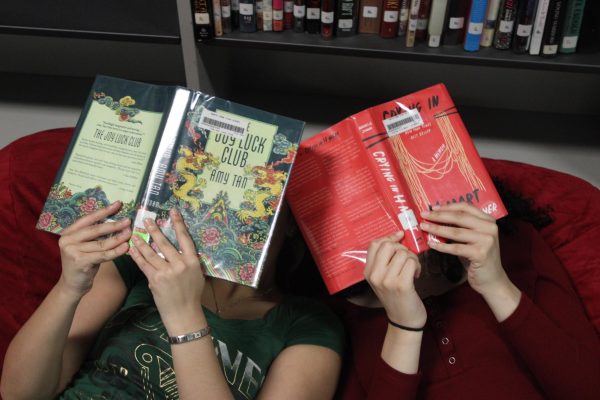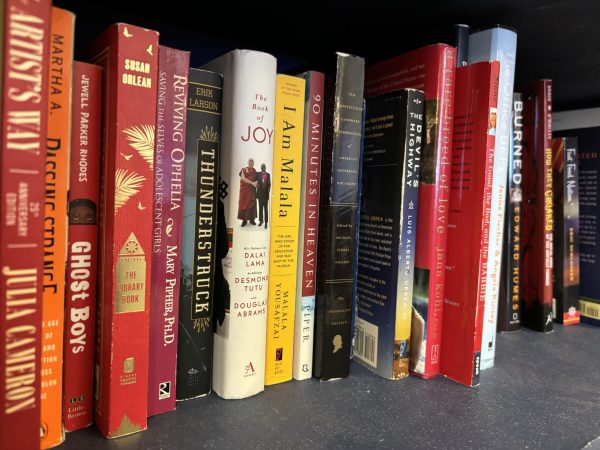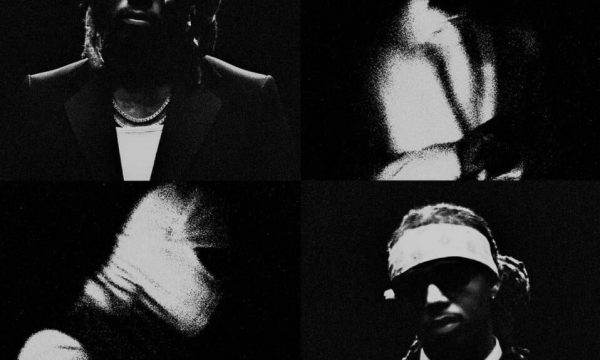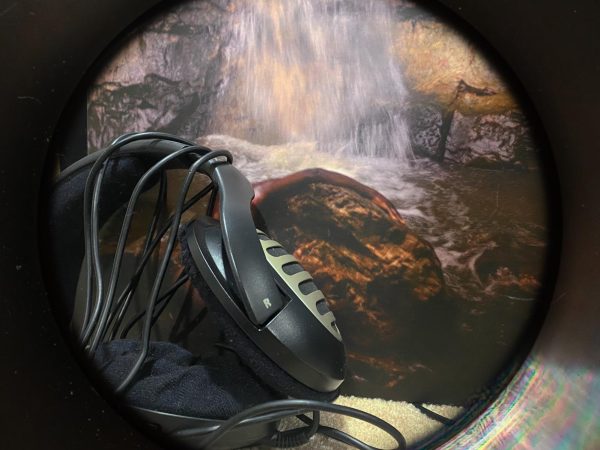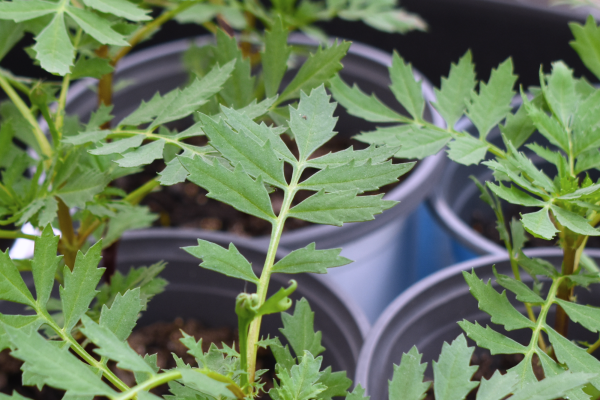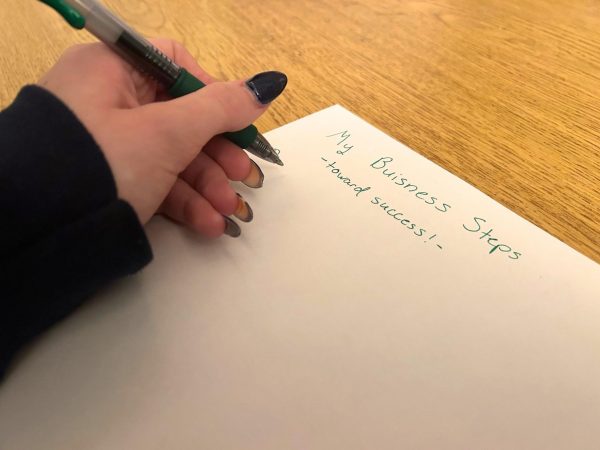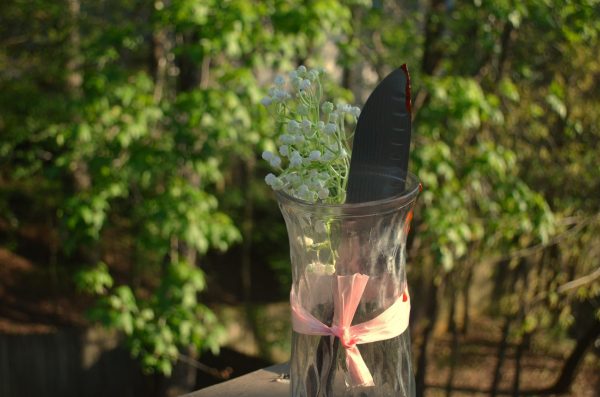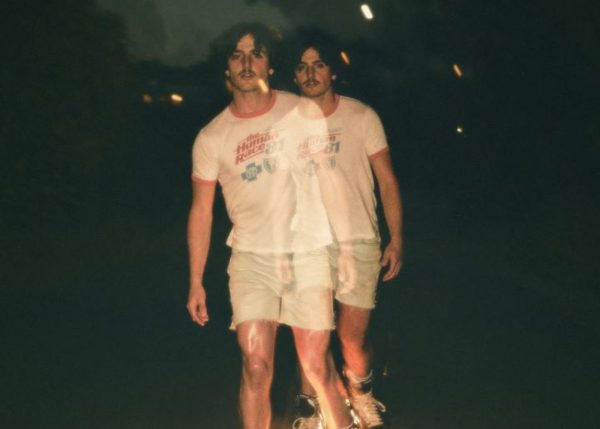From Abbey to Yebba: musical beginnings
Grammy winner Yebba grew up in an extremely spiritual household, with her family members always singing and playing piano. Her love for music grew as she began singing in church and honed her unique skills. Her dreams switched from a music teacher to a professional artist, and now she performs with numerous top artists, even creating her own album.
March 4, 2022
Unknown singer Abigail Elizabeth Smith stepped onstage for a Sofar sounds show in New York City in September 2016. The 21-year-old blew the audience away with her ethereal vocals, chilling the room with her emotion-filled runs. Accompanied by a single guitarist, her original song “My Mind” paved the way for her successful career, in which she would perform with multiple well-known artists.
Smith’s performance, possessing millions of views on YouTube, caught the eyes of numerous artists who hoped to collaborate with her. However, just weeks after her show a catastrophe struck her family. Smith’s mother tragically took her own life, putting an immense amount of pressure on her mental health. She began receiving offers for collaborations from multiple artists but refused them due to her weak mental state.
Despite a potential musical career knocking at her doorstep, Smith focused on herself. She began running every morning and focusing only on the positive things in life. Her religious upbringing also served as a powerful outlet and she prayed frequently. However, expressing her emotions through music became the main contribution to bettering her mental health. She discovered a jazz bar where she could watch and jam with the musicians.
“I’m so thankful that albums and art exist because of the aspects of the follow-through and completion. It’s the thought of, I may not be done with my grief, but at least I finished a song today. It’s the processing of that that eliminates any pressure and allows reflection,” Smith said.
One day, Smith underwent an epiphany as she prayed. If God wanted her to sing, she would. She instantly began her musical career, focusing on the technicalities of singing and allowing others to hear her progress on social media. Mark Ronson, who produced Amy Winehouse’s Back to Black and Adele’s 19, took Smith under his wing and produced her first album “Dawn”. The album, named after her mother, contains a blend of alternative, pop, R&B, neo-jazz and other influences. She beautifully encases a variety of emotions, something that entices fans to listen to her music. Regardless of the lyrics, Smith continuously puts her all into her songs, angst and sadness seeping through her tone.
Smith’s mother frequently called her Abbey, short for Abigail, as a child. This nickname inspired her stage name: Yebba (Abbey spelled backwards), and it now follows her career as she began to grow her circle of artists. In addition to featuring on songs such as Sam Smith’s “No Peace” and A Tribe Called Quest’s “Melatonin,” she sang backup for Chance the Rapper on Saturday Night Live and wrote a duet with Ed Sheeran. PJ Morton also asked her to guest on his cover of “How Deep Is Your Love” — a recording that earned Yebba a 2018 Grammy Award for Best Traditional R&B Performance.
“I heard Yebba’s song ‘My Mind’ a while back and fell in love with it, but I haven’t listened to her other songs until recently. Her voice is insanely unique and I’ve been listening to her music on repeat. You can tell how passionate she is and how much emotion she puts into her songs,” junior Ava Green said.





